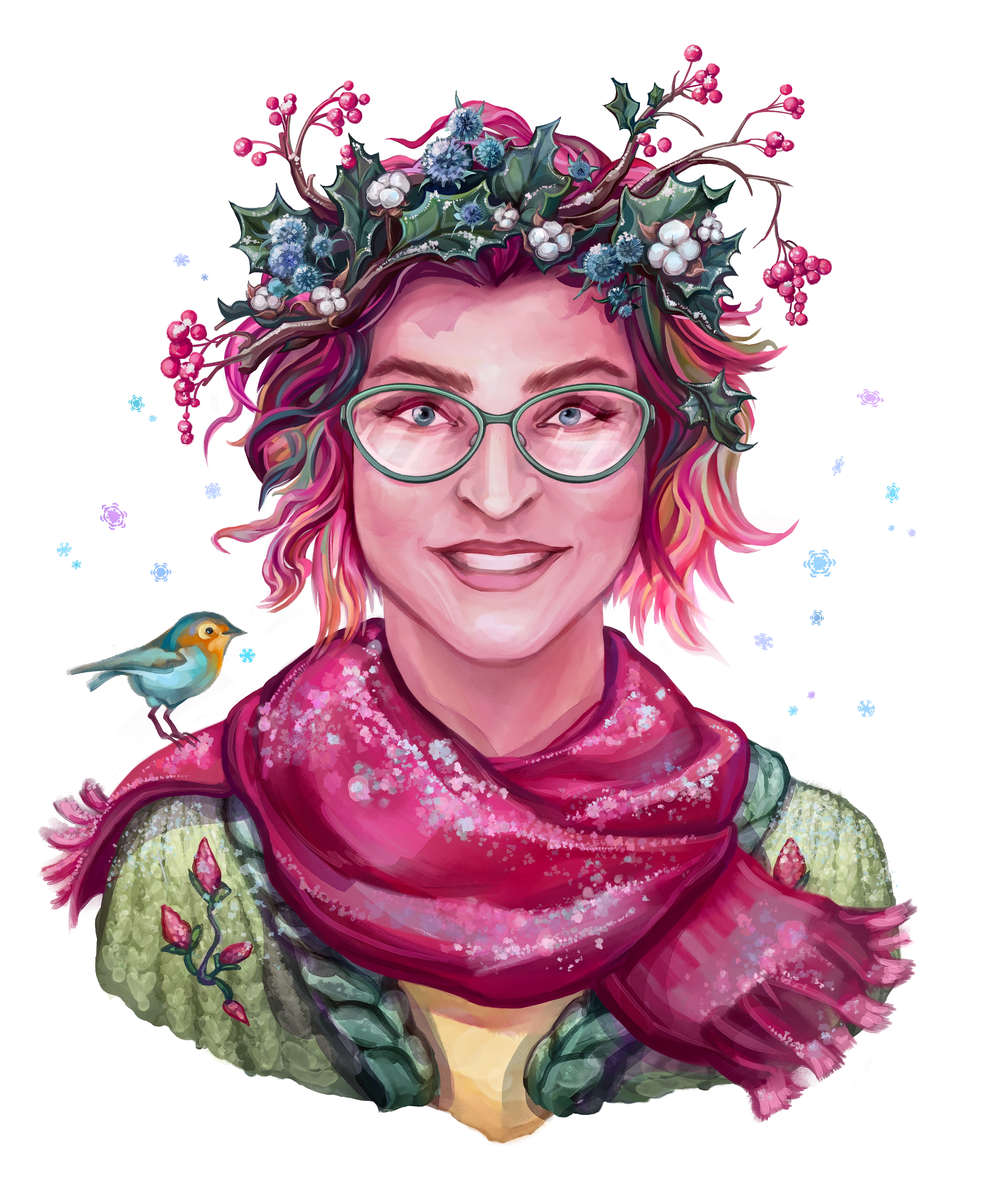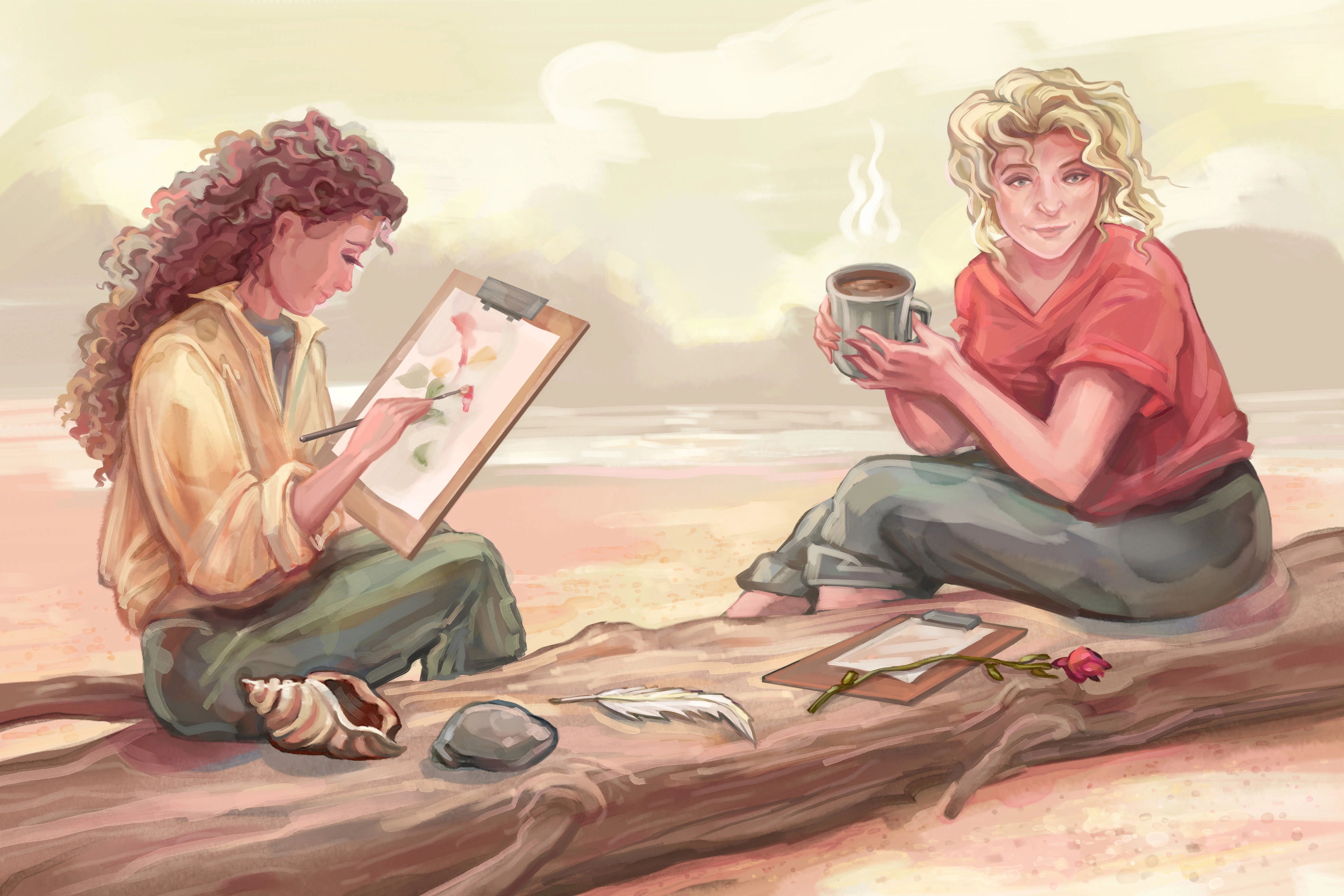Key Takeways
Listening Below the Surface
“Trust the people. Trust the process. Trust the earth. Trust your body. Trust your ancestors. Trust the small signs.”
—Adrienne Maree Brown
This post speaks to the heart of our collective. It wasn’t born from a business plan, but from a friendship rooted in breath, silence, and slow trust. What we offer now as therapists is not just a service, but a relationship. One that’s grown from years of embodied practice, personal healing, and shared reckoning. And that reckoning continues—both around us, and within us.
We are living through a time of reckoning. The systems many of us were taught to trust are collapsing under the weight of their own harm. The myths of safety, progress, and control are being called into question. In their place, something quieter is rising: a call to return to the body, to truth, to relationship. It feels personal, but it’s also political. It touches everything.
What we are being asked to do now is not simple. It takes courage to unlearn what disconnects us. To pause in the middle of the noise. To feel what has been numbed, exiled, or performed. We are being asked to begin again—not just around us, but within us.
Some beginnings don’t announce themselves. They arrive quietly, beneath the surface, like root systems growing in the dark before anything blossoms above ground. We first crossed paths not in pursuit of partnership, but in search of something deeper: a return to breath, to our own capacity to be with what hurts and what heals. It was a yoga ashram by a river, nestled in the woods, where the world quieted just enough for us to hear something stirring. A recognition not of biography, but of orientation. We were both listening for something we couldn’t yet name.
In those early days, we weren’t therapists. We were bodyworkers and yoga practitioners, apprenticing ourselves to the felt world—the tension in muscle, the breath of grief, the stories held in silence. Our learning was never just technical. It was spiritual, relational, and already political, even then.
What formed between us wasn’t defined by roles or goals. It was a slow trust built through how we listened, how we paused, how we stayed. There was no need to name it. We simply attuned. That mutual regard laid the groundwork for everything that followed.
We didn’t know then that we would one day co-create a therapeutic collective. But the roots were already in place. What we recognized in each other wasn’t just safety, but a shared way of
being—steady, quiet, grounded in presence. Before this became a practice, it was simply a way of relating. Rooted. Slow. Alive.
Clients often describe our space as something they didn’t know they needed. Not clinical, not cold, not fixated on outcomes. Instead, a place to soften. A place where they can breathe more deeply, feel more fully, and begin to remember what’s always been true. What we offer isn’t about fixing. It’s about returning to the body, to the relation, to the self that was never broken.
Attunement as Resistance
Over time, what began as a subtle rhythm between us became something more defined. Not a method or a modality, but a shared ethic: relational presence as a form of resistance. In a world shaped by urgency, control, and disconnection, we were offering each other something quieter and more radical—mutual attunement. A way of being that asked nothing more than truth, timing, and care.
Attunement isn’t a technique. It’s a commitment to staying present when it would be easier to turn away. It’s what happens when two people agree—without needing to say so—that the relationship matters more than the performance. That slowness isn’t failure. It’s dignity. Consent. Safety.
We learned to pause. To listen beyond language—to tone, to breath, to pacing. We noticed when one of us needed more space, more stillness, or more breath. When answers didn’t arrive, we let silence hold the space. These gestures weren’t planned or prescribed. They emerged from a shared way of sensing what is real. Healing, we’ve come to understand, moves at the speed of trust.
This is the heart of our practice. We bring the same orientation into our work with clients: a space to feel without being pathologized, to take up space without being rushed. Our backgrounds in massage therapy, yoga, bodywork, and mindfulness gave us the tools to honour the intelligence of the body. Our training in psychotherapy and social work helped us carry that knowing into the relational field. But it’s our lived experience—as queer, trans, body-marginalized practitioners, and as people who have left the United States in search of freedom—that most deeply informs our care.
Attunement protects. It doesn’t demand or override. It makes space. It waits. And when the body is ready, it responds.
Clients tell us that working with us feels different. They describe our sessions as spacious, unhurried, deeply respectful. Some say they can breathe again. Others say they’ve never felt so seen without needing to explain themselves. What we offer isn’t about directing people toward healing. It’s about accompanying them as they remember how to return.
The Courage to Begin Again
Beginning again is not a single act. It’s not a bold leap or a moment of clarity that ties everything up neatly. More often, it’s quiet. Interior. A slow turning toward what is true. For us, beginning again has been a recurring practice—something we’ve returned to many times, in different ways, across different seasons of our lives.
There have been thresholds we didn’t plan for. Changes that didn’t come by choice, but by necessity. And there have been moments when we knew, without certainty but with deep clarity, that we couldn’t keep moving in the shape we were in. Something needed to shift.
We’ve each lived through those seasons. For one of us, it meant leaving the United States twenty years ago and, more recently, making the difficult and deliberate choice to renounce U.S. citizenship altogether. For the other, it meant relocating more recently, moving her family north across a tense and trembling border in search of safety, stability, and ground to stand on. These decisions weren’t just political. They were embodied. They came from listening—closely, quietly—to what the body was saying underneath the noise.
We’ve also left roles, systems, and institutions that could not hold the fullness of who we were becoming. Not because we had a perfect plan, but because staying would have required us to shrink. The discomfort of that shrinking became too heavy to carry.
These personal turning points shape how we hold space for others. We don’t offer quick fixes or polished answers. We offer presence, because we know what it takes to stay with the questions. To feel when something no longer fits. To honour what must be released before something new can take shape.
Healing doesn’t unfold in straight lines. It moves like a spiral—circling back to what matters, again and again, each time from a slightly different place. Beginning again is not a failure. It’s devotion. A sacred return to what’s most alive in us.
Clients often arrive at our practice when they’re standing at a threshold of their own. Some are grieving. Some are trying to reconnect with their bodies. Some are quietly unravelling what they’ve been told they must be. They come unsure of what’s next, but with a quiet knowing that they can’t go back. We meet them there. Not with pressure, but with patience. Not with a map, but with a willingness to walk beside them.
Practice as a Living Relationship
This practice—what we now offer together—is not a clinic. It isn’t a service pipeline or a set of sessions built around a model. It’s a living relationship. One shaped by the way we’ve each learned to be in right relation with ourselves, with one another, and with the people who seek us out.
We didn’t come together to build something sleek or scalable. We came together to build something real. A space that could hold contradictions and complexity. A space where healing isn’t managed or measured—it’s witnessed. Where power doesn’t need to be performed, and where care is offered not from a script, but from deep attention and consent.
Our collective reflects how we live and how we choose to be with others: relational, grounded, and responsive. We don’t push for progress. We honour pace. We wait for the body to show us what’s needed, following the nervous system’s rhythms instead of pushing past them. These aren’t strategies. They’re values. They’ve been shaped over years of training in psychotherapy, social work, and somatic traditions—but more importantly, they’ve been shaped by our lived experience as people navigating trauma, identity, rupture, and repair.
Together, we carry lineages of healing through massage therapy, yoga, mindfulness, Thai bodywork, trauma-sensitive approaches, and systems of care that prioritize presence over pathologizing. But none of that matters if it isn’t felt. And what we hear again and again from our clients is this: “I’ve never had this kind of space before.”
Clients describe our work as soft but steady. Spacious. Permission-giving. They tell us the work feels different. That there’s room to breathe, to hesitate, to feel uncertain. That the therapeutic relationship itself becomes the healing—not because of what we do, but because of how we are.
We’re not here to solve people. We’re here to walk with them as they remember what’s been with them all along.
A Gentle Invitation
If you’re reading this, something in you may already be stirring.
Maybe it’s the longing to come home to yourself.
Or the quiet sense that something needs to shift—but you're not sure how. Maybe you’re holding something that’s been heavy for a long time, wondering if it could feel lighter in the presence of someone who truly sees you.
You’re not alone.
The process of healing doesn’t begin with fixing. It begins with noticing. With listening. With allowing yourself to feel what’s been held in silence, and to imagine—gently, slowly—that it might be possible to carry it differently.
You don’t need to have it all figured out to begin.
You don’t need a clear goal or a neat story.
You just need a little willingness. A moment of readiness. A place to land.
Whether you are starting therapy in Vancouver, seeking relational psychotherapy, or simply feeling your way toward the next version of yourself, we welcome you.
This is a space to slow down.
To be met, not managed.
To reconnect with what’s already within you.
We begin by listening—so you can feel heard without having to explain everything. We continue by remembering—so you can reclaim the parts of yourself that have waited quietly for your return.
And we offer you the same: steady presence, deep attention, and the possibility of belonging.



